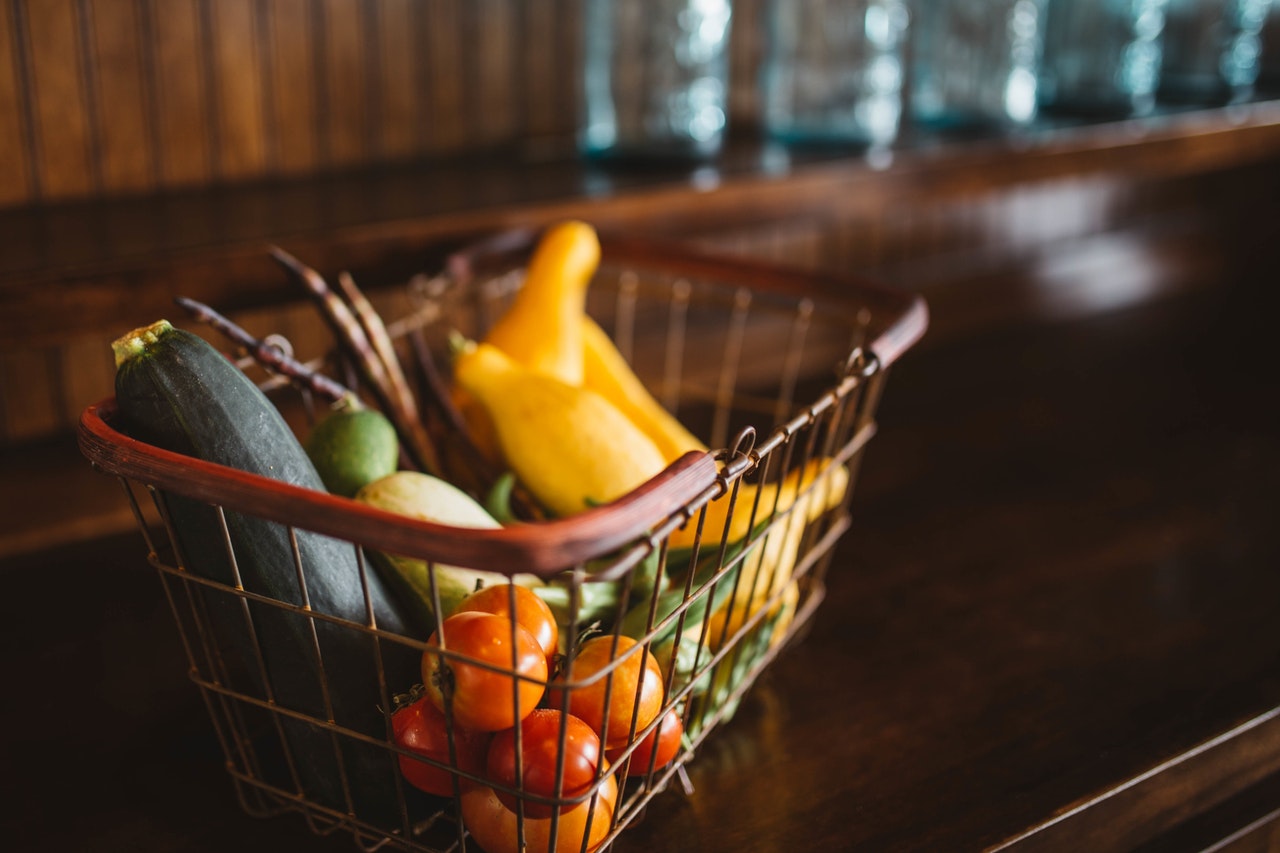Imagine: you’re shopping in a mom-and-pop shop and you see a product that you want. You pick it up and turn it over in your hands. The price tag catches your eye – it looks a bit high. You put the item back on the shelf and leave.
A little later on, you’re in a Walmart. You see the same item. You pick it up and look at the price. It’s probably not a surprise, but the price is much lower. Why?
There are plenty of reasons to not like Walmart, and perhaps some of them enter your mind when you’re weighing the price difference. They pay their workers too little, you think, and that’s why they can price things lower. They offer cheaply made products for cheap – it’s about the quality, you think. But what if the mom and pop shop has low-priced labor, too? Many local stores offer minimum wage jobs, after all. And what if the item is exactly the same in both stores, and only the price is different? How can Walmart do this?
The answer is simple: scale.
The more you have, the less you pay
Scale is one of the most basic and most important ideas in business. The idea is simple: the more of something you buy or make, the less it will cost you on a per-item basis.
Imagine, for instance, baking a batch of cookies. How does the number of cookies being made affect the cost? In some ways, it would make sense for the cost to go up. More cookies means more ingredients, for instance – more eggs and more flour, more sugar and more salt. But some other costs remain the same. It takes no more time to cook a dozen cookies than it does to cook one. In both cases, you’ll only need one cooking sheet, and you’ll only need one mixing bowl, and so on.
So while two cookies will cost more than one (because of the extra ingredients cost), two cookies should not cost twice as much as one, because some things (like the bowls and the cooking sheet and the time in the oven) are already covered by the price paid for the first cookie.
This is how wholesalers work – they sell to the shops that sell to you, so they ship out huge quantities and charge less for the products. You only need one egg beater, but your mom and pop shop with buy several, allowing them to buy for less and then sell to you at a markup. Walmart will buy far more than the mom and pop shop, so the wholesaler will charge them even less – enabling them, in turn, to sell for less and undercut the mom and pop shop while still making the same profit on each sale.
Some companies try to bypass the middleman. Wholesale liquidation companies can sometimes make these wholesale prices available to individual consumers, but generally only huge large-scale buys from companies like Walmart can make prices like these happen.
The concept is equally powerful on the opposite side of the equation: nothing is more expensive than a custom-made item. Tailored clothes, for instance, are far more expensive than mass-produced t-shirts. Custom machining can be very expensive. Contractors and others who need custom pieces made by a stamping press have to pay plenty. The stamping press repairs, parts, and upgrades are costly themselves, and when the machine goes into action it does so to serve one specific customer, crafting small numbers of custom pieces. In this case, the scale is small and the difficulty of the task is high, making for high prices.


